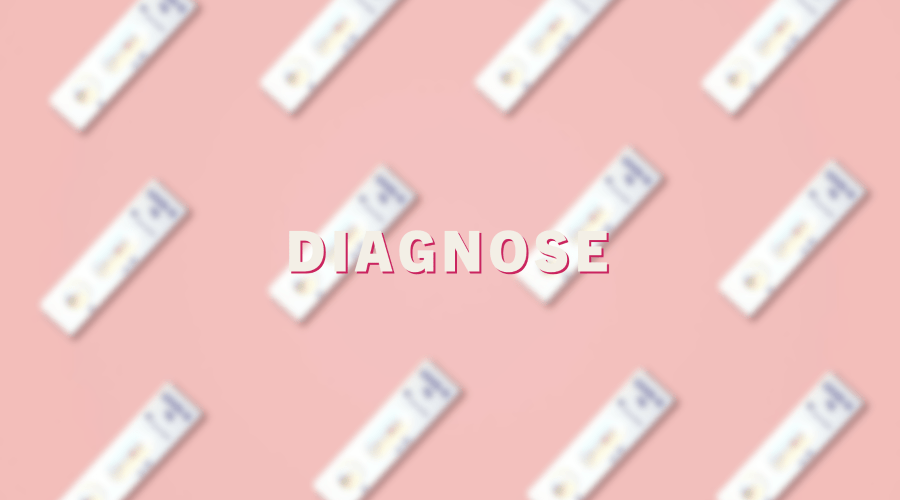
What?
The Diagnostics initiative for community-level service delivery (DIAGNOSE) aimed to build community-level capacities and facilitate dialogues between diagnostic developers/manufacturers and civil society to support the scale up of proven and innovative HIV, TB, viral hepatitis and STI testing at community level. Through capacity-building, research and advocacy efforts, DIAGNOSE addressed the practical and policy-related challenges currently surrounding point of care and/or self -testing/ sampling at the community centre level (i.e. price, regulation, etc.) and ways in which these are being overcome in various locations.
Why?
In line with EATG’s long-term strategy to empower affected communities to work in collaboration and to access the HIV, viral hepatitis, TB and STI prevention tools they need for prevention, treatment and care. EATG implemented a project focused on access to affordable, timely and quality testing tools for use in community settings.
The landscape of HIV, viral hepatitis, TB, and STI testing service delivery models continues to evolve alongside the introduction of novel biomedical technologies and evidence-based testing guidelines. As a result, testing for HIV and HCV has been brought closer to people who might not otherwise get tested or those who require routine testing; via community-based testing service delivery, self-testing, and the endorsement of approved rapid and/or dual diagnostics.
While COVID-19 may have disrupted the delivery of testing services at community centres in Europe, there is growing evidence demonstrating community-based organisations establishing and enhancing testing uptake by initiating service delivery options such as self-testing/sampling and task shifting.
How?
EATG organised a community briefing on diagnostics to bring members and partners up to speed with the latest research and regulatory issues. EATG brought together members to discuss innovative practices, challenges and possible joint actions. In 2021 Q2, an e-meeting was organised with WHO, the Foundation for Innovative New Diagnostics (FIND) and community actors across countries to provide an update on research and development of rapid diagnostic tests (RDTs) for self-testing of HIV, viral hepatitis, and STIs, as well as implementation models. EATG organised an e-meeting at the HepHIV 2021 conference where community partners providing testing services met with diagnostics manufacturers to discuss the shared priority of providing self-testing options to key populations; as well as the regulatory and pricing barriers that must be addressed. In Q3 and Q4 , EATG mapped out the availability and access to self-test kits for HIV and HCV in the WHO European region. The results of the survey informed qualitative research, via key informant interviews that captured the regulatory and policy context, as well as practical challenges and solutions. The results of the mapping were reported back and discussed with community partners and other stakeholders in Q4.
Such activities facilitated a knowledge transfer exchange between community centres on challenges and successes regarding financing (devices and service delivery), advocacy (regulatory barriers), and capacity building.
For/with whom?
Community: EATG members and AIDS Action Europe, Checkpoints, harm reduction services, community and civil society organizations providing screening services for key populations, partner networks.
European initiatives: EU HIV/hepatitis/TB CSF, EuroTEST, COBATEST Network, Correlations- European Harm Reduction Network EuroTEST /European Testing Week, European projects.
Agencies: Foundation for Innovative New Diagnostics (FIND), ECDC, EMCDDA, WHO, clinical societies, other national/international public health agencies.
Industry: Diagnostics manufacturers of self-testing kits for HIV and/or HCV.
For what outcome?
The project equipped community members involved in testing services delivery with up-to-date information, and built on their experiences to inform planning of services. It fostered and strengthened collaboration and communication between community centres, policy makers/decision makers, and diagnostics companies. Meetings under this project advanced community dialogue with and access to diagnostics manufacturers to integrate community perspective needs in the research and development of user-friendly diagnostic tools and testing policy.
- No posts found…
Related Calls and Vacancies
Get involved
Are you living with HIV/AIDS? Are you part of a community affected by HIV/AIDS and co-infections? Do you work or volunteer in the field? Are you motivated by our cause and interested to support our work?
Subscribe
Stay in the loop and get all the important EATG updates in your inbox with the EATG newsletter. The HIV & co-infections bulletin is your source of handpicked news from the field arriving regularly to your inbox.
